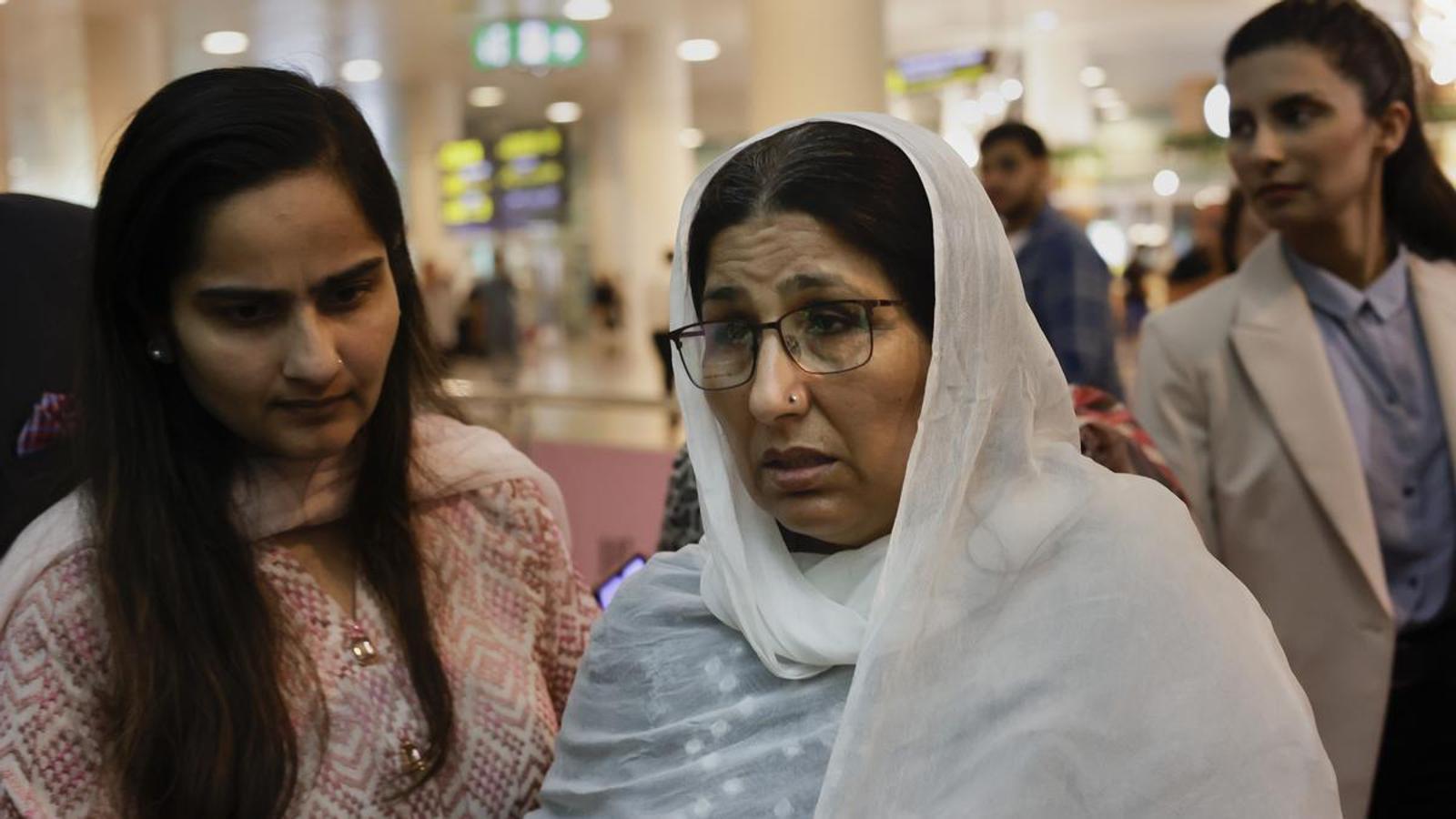Abbas sisters' murder should be a turning point


The murder of sisters Arooj and Anisa Abbas – aged just 24 and 21 – in Pakistan has brought to the centre of Catalan public debate a reality that, here, often goes unnoticed: forced marriages and so-called honour crimes against women who dare to rebel. All this gender violence of the worst kind is too often hidden behind communication barriers and ignorance of the reality of migration. In the last thirteen years the Mossos d'Esquadra have detected 198 victims of forced marriages in Catalonia, most of whom were only between 13 and 23. Eighty-one percent of cases reached the police before the marriage went ahead, so they were able to act to prevent the wedding. But it is possible that this is just the tip of the iceberg of a problem that we have ignored for too long, since most of the victims are girls who were born in Catalonia or who have been schooled here and have lived here for a long time.
How many of the women who live next door have been subjected to a forced marriage before coming here or just after they settled here? We don't know, but they live here and, therefore, they are Catalans. Precisely for this reason, detecting and combating this violence is also the responsibility of our society as a whole. To begin with, we need to talk more, we need to explain the social reality behind the murder of the two sisters in Pakistan, we need to address the problem instead of closing our eyes. It is a question of basic human rights.
Arooj and Anisa Abbas's mother, Shaheen Azra, had words of gratitude yesterday when she arrived at El Prat airport with her youngest son: "I want to say thank you. Thank you for letting me come back and thank you to the Pakistani police, the authorities here and especially the Pakistani consulate in Barcelona for helping me," she said sadly, looking at the ground. Everything indicates that she was one more victim of a sexist tradition that must be fought, beyond cultural respect for newcomers' communities, in the same way that we fight others that were rooted here. Therefore, the help of the authorities was necessary and gratitude would have to be unnecessary.
The murder of the Abbas sisters should be a turning point for Catalan society. It should make us open our eyes to a series of realities that many citizens have avoided for too long, despite the fact that part of the authorities know about them and try to fight them, probably with few resources. There are forced marriages in Catalonia: women and girls forced to marry against their will. And they can lead to murders –which, although they are called honour killings, are anything but. These are not simply some foreign countries' problems. Catalan reality is increasingly diverse and the only way to prevent it from fracturing is for us to open our eyes and strive to look beyond our navel, to understand and address the multiplicity that surrounds us.
